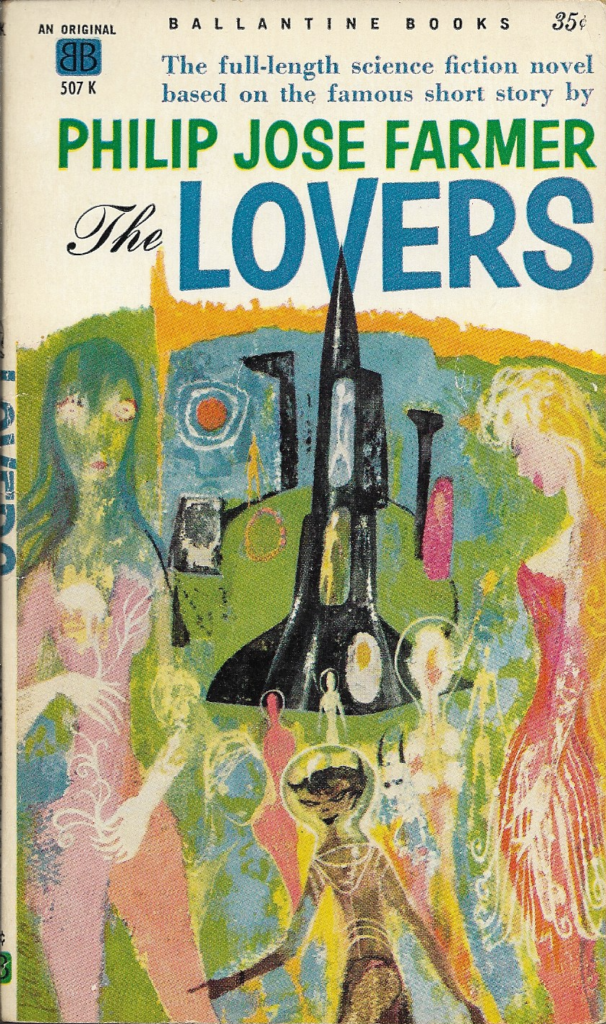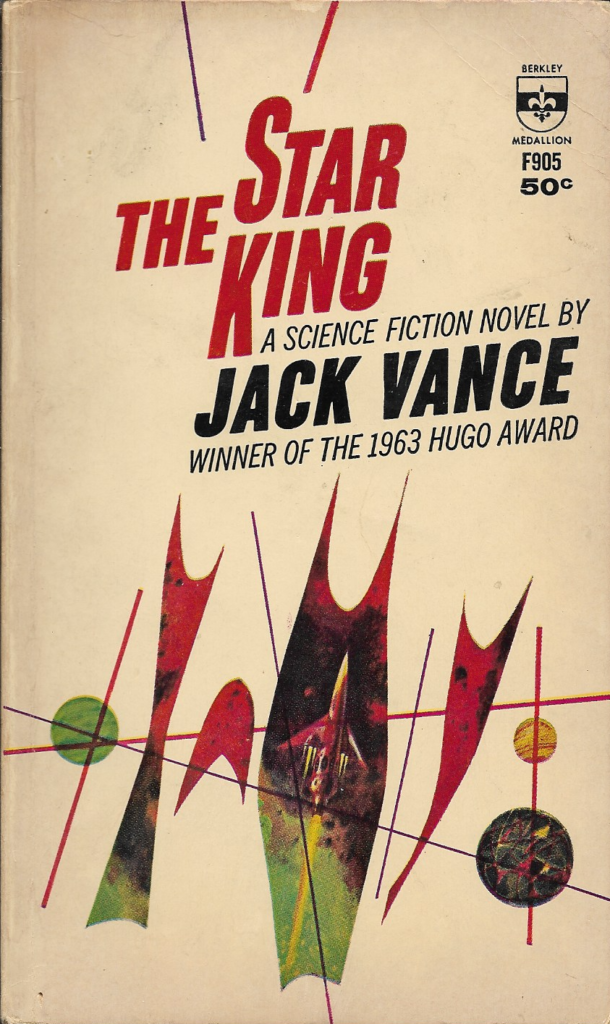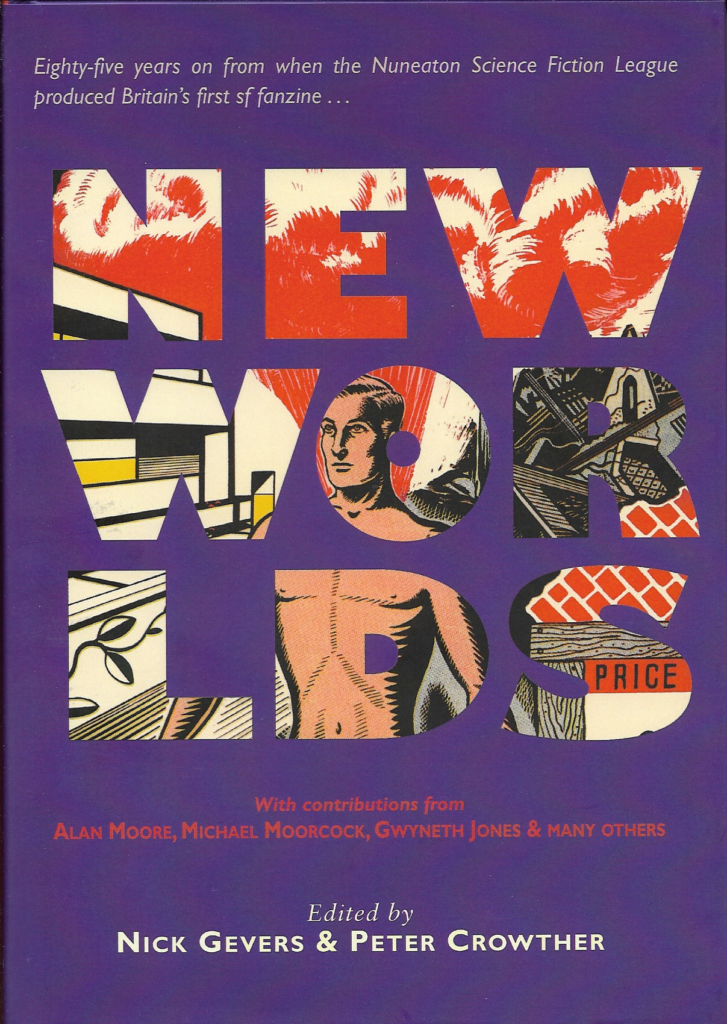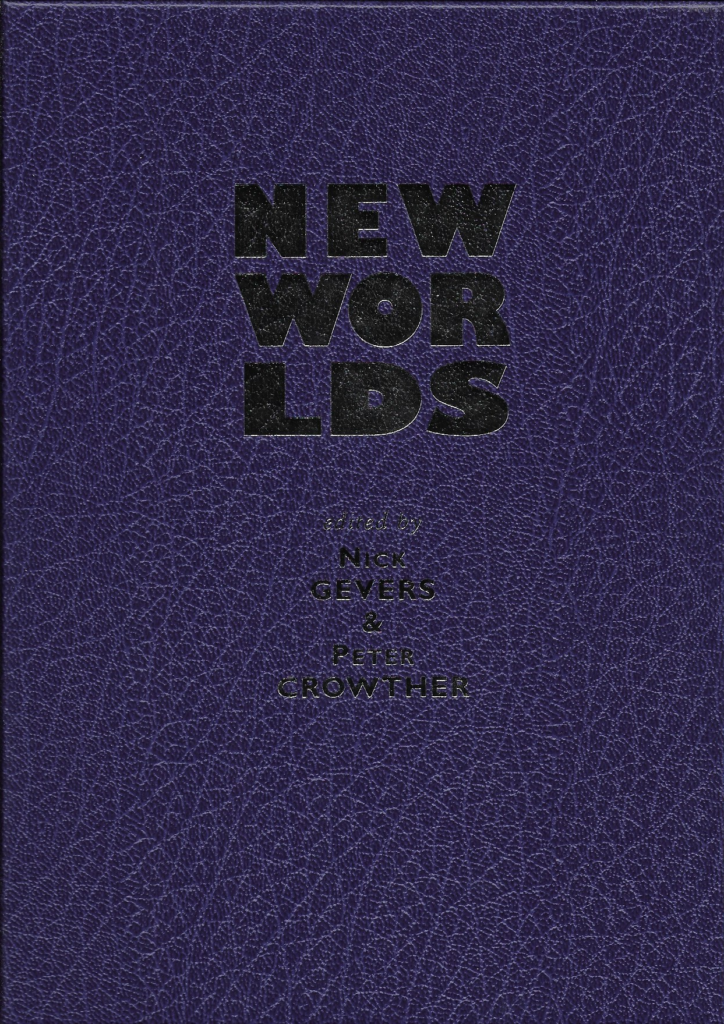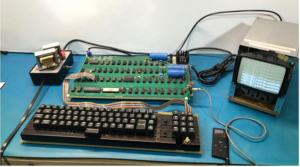Another signed PBO:
Farmer, Philip Jose. The Lovers. Ballantine Books, 1961. First edition paperback original (PBO), a Very Good+ copy with crease across bottom rear corner and slight spine lean, signed by Farmer. One of the first science fiction novels to deal frankly with sexual themes. Brizzi, The Work of Philip Jose Farmer, pages 18-24. Currey, page 185. Barron, Anatomy of Wonder 4, *3-69. Supplements a signed copy of the later hardback first edition. Won off eBay for $9.99.
